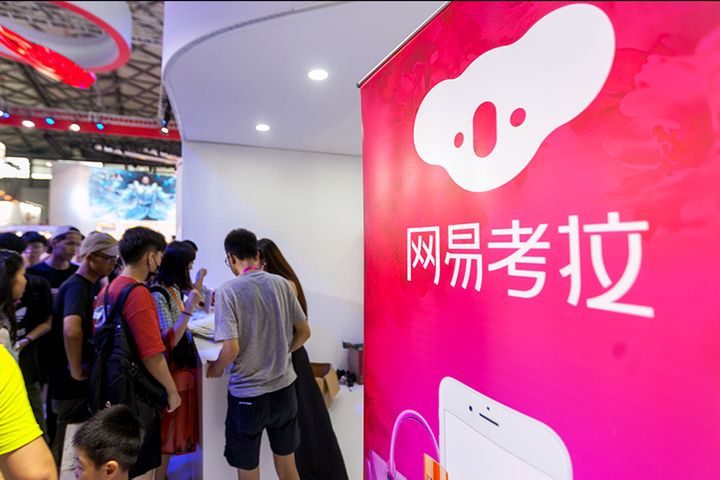Alibaba Group has agreed to pay $2 billion in cash to acquire fellow Chinese cross-border e-Commerce platform NetEase Kaola, according to a report from Caixin Global. Kaola, owned by NetEase Inc., sells apparel, household appliances and other products from 9,000 brands, and is the largest of the Chinese shopping sites selling imported goods. While numerous news outlets have reported on the acquisition, Alibaba refused to provide a comment.
The acquisition would represent major consolidation within the global e-Commerce space: NetEase Kaola held a 27.5% market share in cross-border e-Commerce in 2018, and Alibaba’s Tmall Global marketplace held 25%, according to iiMedia Research Group.
The report comes after Alibaba posted its Q2 earnings, which saw the e-Commerce giant drive robust sales growth despite an economic slowdown in China and the country’s trade war with the U.S. Alibaba generated 114.9 billion yuan ($16 billion USD) in total sales, an increase of 42% year-over-year, with core business revenue from marketplaces included Tmall and Taobao climbing 26%. The cloud computing segment, which dominates the domestic market, grew 66% this quarter to 7.8 billion yuan ($1.1 billion USD).
As Alibaba continues to expand, it is seeking out shoppers in lower-income cities and communities. More than 70% of the 20 million new active Alibaba consumers this quarter came from lower-tier regions. In June, the company launched a new English-language site for foreign merchants to set up online shops on Tmall and reach China’s growing middle class.
Q2 e-Commerce revenue for NetEase was 5.3 billion yuan ($765 million USD), a year-over-year increase of 20%. Kaola’s separate results are not publicly available.
Kaola already has worked with Alibaba’s logistics unit, Cainiao Network Technology, which will take over Kaola’s warehouse business and will integrate with other cross-border e-Commerce platforms, the report said.
But Kaola has never turned a profit because of an aggressive subsidy policy designed to expand market share. Instead, the company appeared to have had plans to work with a larger global e-Commerce player, at least since the beginning of 2019. In February, Amazon’s Chinese joint venture also had discussions about a merger with Kaola, according to Chinese business publication Caijing. But talks did not turn into a deal, and in July, Amazon actually shut down its Chinese marketplace business.













